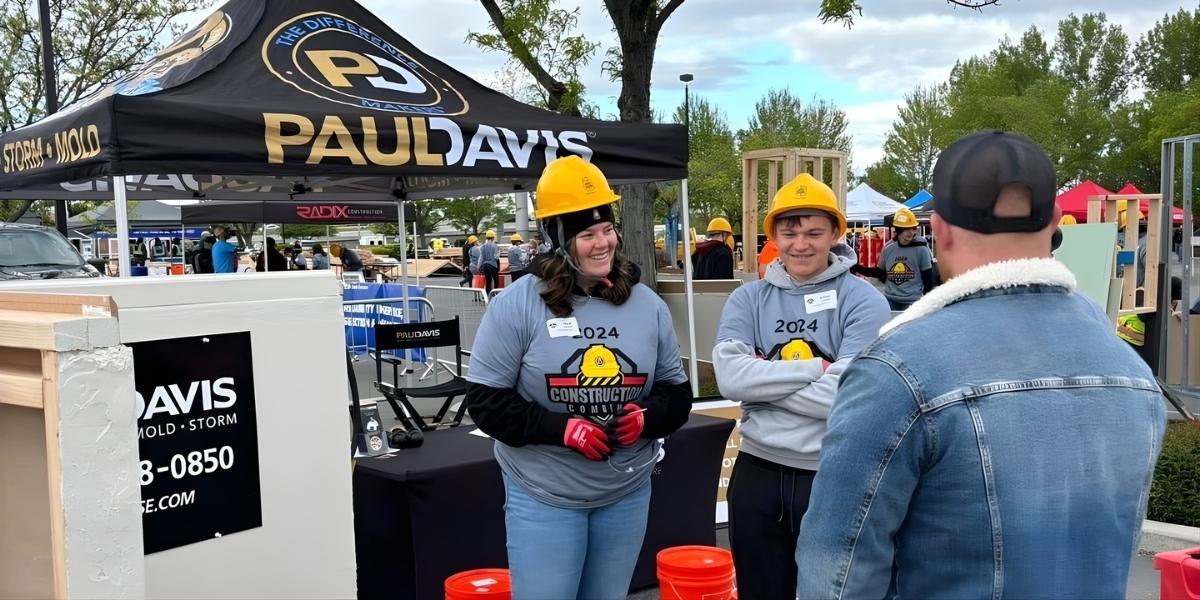Regional startup ecosystems don’t always get the spotlight, but they’re often the quiet force behind some of the most creative business ideas. While major cities tend to dominate headlines, smaller hubs are building their own momentum, offering founders a different kind of support, one that’s rooted in local connection, shared resources, and long-term thinking.
It’s easy to feel overwhelmed by the pressure to launch in a major tech center. The cost, the competition, and the noise can make it hard to focus. That’s why understanding how regional startup ecosystems drive innovation and growth matters. These environments aren’t just alternatives, they’re proving grounds for sustainable business development.
Why Local Support Matters More Than Size
A regional startup ecosystem isn’t defined by how big it is. It’s shaped by how well it supports the people building inside it. That support can come from shared workspaces, mentorship circles, or even informal meetups where founders swap ideas over coffee. What makes these ecosystems powerful isn’t their scale, it’s their ability to respond to local needs.
In smaller regions, startups often benefit from tighter feedback loops. Founders can test ideas with nearby customers, adjust quickly, and build relationships that last. That kind of agility is harder to find in larger, more saturated markets. It also helps when local institutions, like universities or business groups, are invested in helping startups succeed. They’re not just offering resources, they’re part of the conversation.
This kind of support can be especially helpful for founders who feel disconnected from traditional startup networks. Whether it’s access to funding, mentorship, or just a place to work, regional ecosystems often fill gaps that bigger cities overlook.
Talent Doesn’t Just Live in Big Cities
One of the biggest myths about innovation is that it only happens in major urban centers. That’s not true. Talent is everywhere, it just needs the right environment to grow. Regional startup ecosystems give people a chance to build without having to relocate or compete with thousands of others for attention.
In many cases, local talent is more loyal and invested. They’re not just chasing the next big opportunity, they’re building something that matters to their community. That kind of commitment can lead to stronger teams and more thoughtful products.
Remote work has also changed the game. Startups can now hire from anywhere, but many still choose to build locally. It’s not just about convenience, it’s about culture. When teams share a sense of place, they often collaborate better and move faster. That’s part of how regional startup ecosystems drive innovation and growth: by creating environments where people feel connected and supported.
Innovation Thrives on Constraints
Big budgets and endless resources don’t always lead to better ideas. Sometimes, constraints spark creativity. Regional ecosystems often operate with fewer resources, which forces founders to think differently. They can’t rely on massive ad spends or flashy launches. Instead, they focus on solving real problems in practical ways.
This kind of innovation is grounded. It’s not about chasing trends, it’s about building something useful. Founders in regional ecosystems often have a clearer sense of their audience, because they’re part of it. They’re not guessing what people want, they’re listening.
That’s also why customer feedback plays such a key role in shaping early-stage growth. In smaller ecosystems, feedback isn’t just data, it’s conversation. Founders can talk directly to users, understand their frustrations, and make changes that matter. That’s one reason why customer feedback can accelerate your startup’s growth, especially in regional settings where relationships are more personal.
Funding Is Adapting to Local Innovation
Access to capital has always been a challenge for startups outside major cities. But that’s starting to shift. Investors are recognizing that innovation doesn’t depend on geography. They’re looking for smart ideas, strong teams, and clear execution, no matter where they’re based.
Some venture capitalists are adapting to AI-driven startup landscape trends by expanding their reach and rethinking how they evaluate potential. That’s good news for regional ecosystems, which often produce startups with deep local insight and strong execution.
It’s also worth noting that regional investors tend to be more patient. They’re not always chasing fast exits, they’re supporting long-term growth. That kind of funding can be a better fit for startups that want to build sustainably, rather than scale at all costs.
Growth That Reflects Real-World Impact
Success doesn’t always mean explosive growth. In regional ecosystems, growth often looks like steady progress, loyal customers, and strong community ties. That’s not less valuable, it’s just different.
Startups in these environments tend to focus on solving problems that matter locally. Whether it’s improving access to healthcare, streamlining logistics, or supporting small businesses, their impact is real. And because they’re building close to home, they’re more likely to understand the nuances of those problems.
That kind of growth is harder to measure with traditional metrics, but it’s no less important. It’s also more resilient. When startups are rooted in their communities, they’re better equipped to weather challenges and adapt over time.
There’s also a sense of shared purpose. Founders aren’t just building for profit, they’re building for people they know. That connection can lead to stronger products, better service, and more meaningful innovation.
It’s understandable if some founders feel unsure about launching outside major hubs. The pressure to be visible, to scale fast, and to compete with bigger players can be intense. But regional startup ecosystems offer something different: a chance to build with intention, supported by people who care about the outcome.










